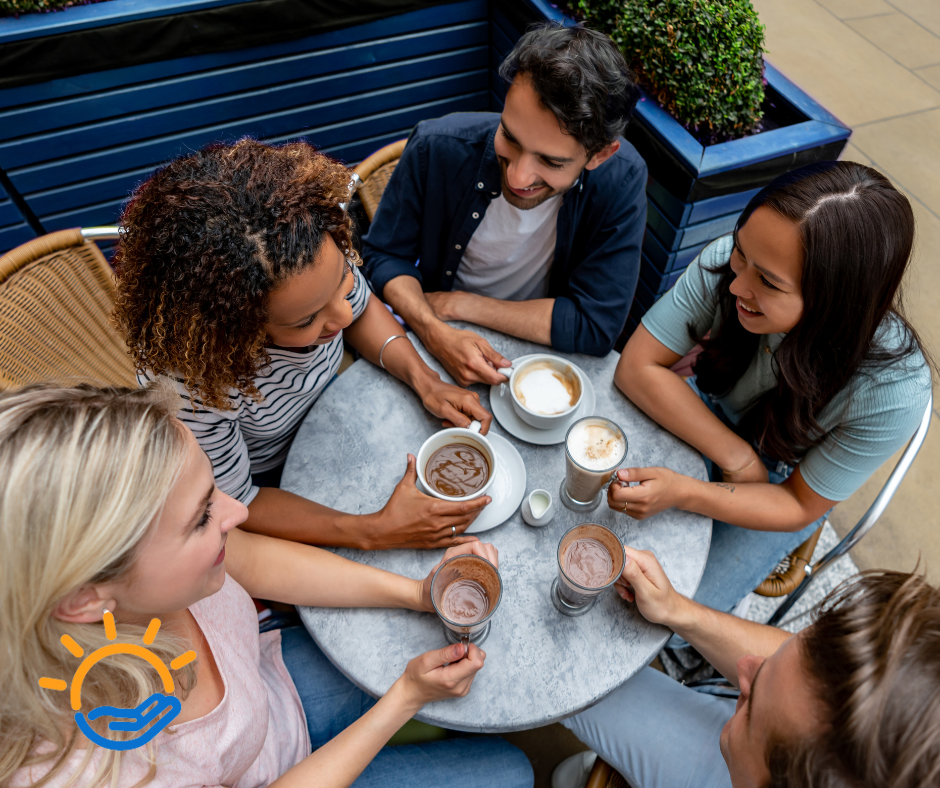Addiction recovery is a collaboration—between people in recovery, between those treating addiction, between people treating addiction and those struggling with it, and within communities. It benefits everyone if people in our communities are thriving.
A microcosm of this idea—that supporting those with addiction helps everyone in the community—is true amongst those in recovery. A big part of recovery is mutual support. If someone in your support system isn’t doing well, they are not able to be there for you and vice versa.
Meanwhile, when someone in your network does well in recovery, it can be a big inspiration. When I got sober, one of my close friends had been in recovery for six years; his success in sobriety made me realize a different life was possible. I know I’m not alone in this, as many people in recovery talk about being motivated by those with more sober time than them. This is one reason 12-step fellowships like AA encourage finding a sponsor with more recovery time who has what you want in life.
Any type of addiction treatment—whether it’s at a facility, through therapy, or another option—is also a collaboration. Each person has a different background and experience, so no single treatment will work for everyone. It’s important for clinicians to learn the unique needs of the person with addiction—along with their hopes for life in recovery—and collaboratively make a plan. People can get more out of a treatment plan that considers their specific circumstances.
Addiction impacts a person’s whole life; it may damage their relationships, affect their professional life, cause health issues, and much more. Each clinician brings different strengths to the table that can help repair aspects of a person’s life and improve their physical, emotional, and mental well-being. Similarly, working on education and prevention—as well as breaking stigmas—requires a collaboration between us all.
Addiction is such a huge issue in our society as a whole, and it impacts each person with addiction and their loved ones deeply; it takes a joint effort to support people, both on the individual and collective level.
Understanding recovery as a collaboration means that we recognize compassion and support as the best ways to promote sobriety—and that we are all in this together.
If you are struggling with a substance use or mental health disorder, there is hope. TruHealing Centers offers high-quality treatment for addiction and mental health disorders in facilities across the country. Our staff—many of whom are in recovery themselves—will collaborate with you on a recovery program that fits your needs and hopes. Call an admissions specialist at 410-593-0005.








